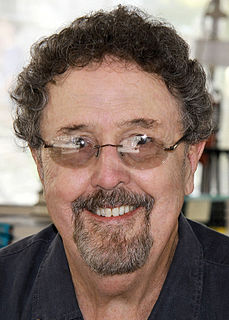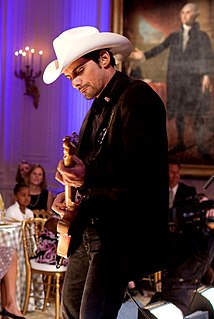A Quote by Deb Caletti
We are thickly layered, page lying upon page, behind simple covers. And love - it is not the book itself, but the binding.
Related Quotes
We are all a volume on a shelf of a library, a story unto ourselves, never possibly described with one word or even very accurately with thousands. A person is never as quiet or unrestrained as they seem, or as bad or good, as vulnerable or as strong, as sweet or as fiesty; we are thickly layered, page upon lying page, behind simple covers. And love - it is not the book itself, but the binding. It can rip us apart or hold us together.
The enemy is not the badly written page; it is the empty page the great advantage of a badly written page is that it can be rewritten. It can be improved. A blank page is zero. In fact, it’s worse than zero, because it represents territory you’re afraid, unwilling, or too lazy to explore. Avoid exploring this territory long enough, and you’ll abandon your book.
A book is something that young readers can experience on their own time. They decide when to turn the page. They'll put their arm right on the page so you can't turn it because they're not ready to go to the next page yet. They just want to look at it again, or they want to read the book over and over because they really enjoy setting the pace themselves.
Yes, the fear of its blankness. At the same time, I kind of loved it. Mallarmé was trying to make the page a blank page. But if you're going to make the page a blank page, it's not just the absence of something, it has to become something else. It has to be material, it has to be this thing. I wanted to turn a page into a thing.





































